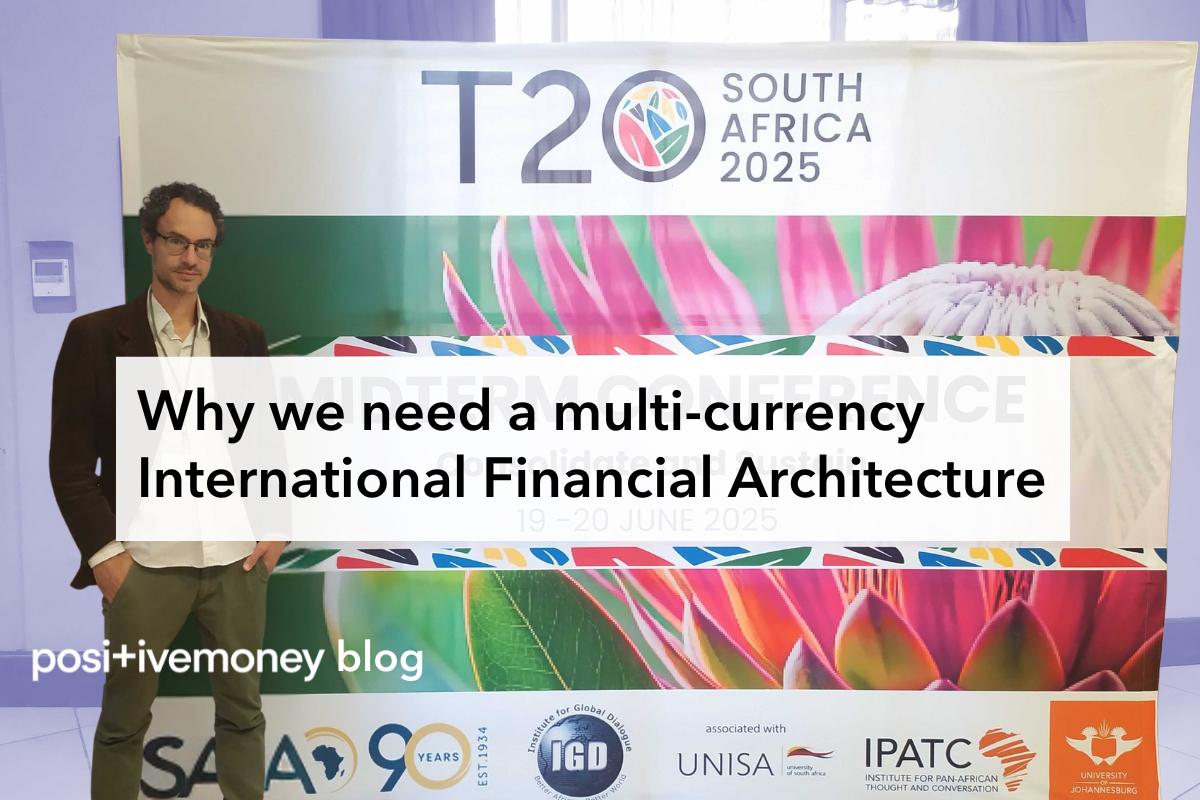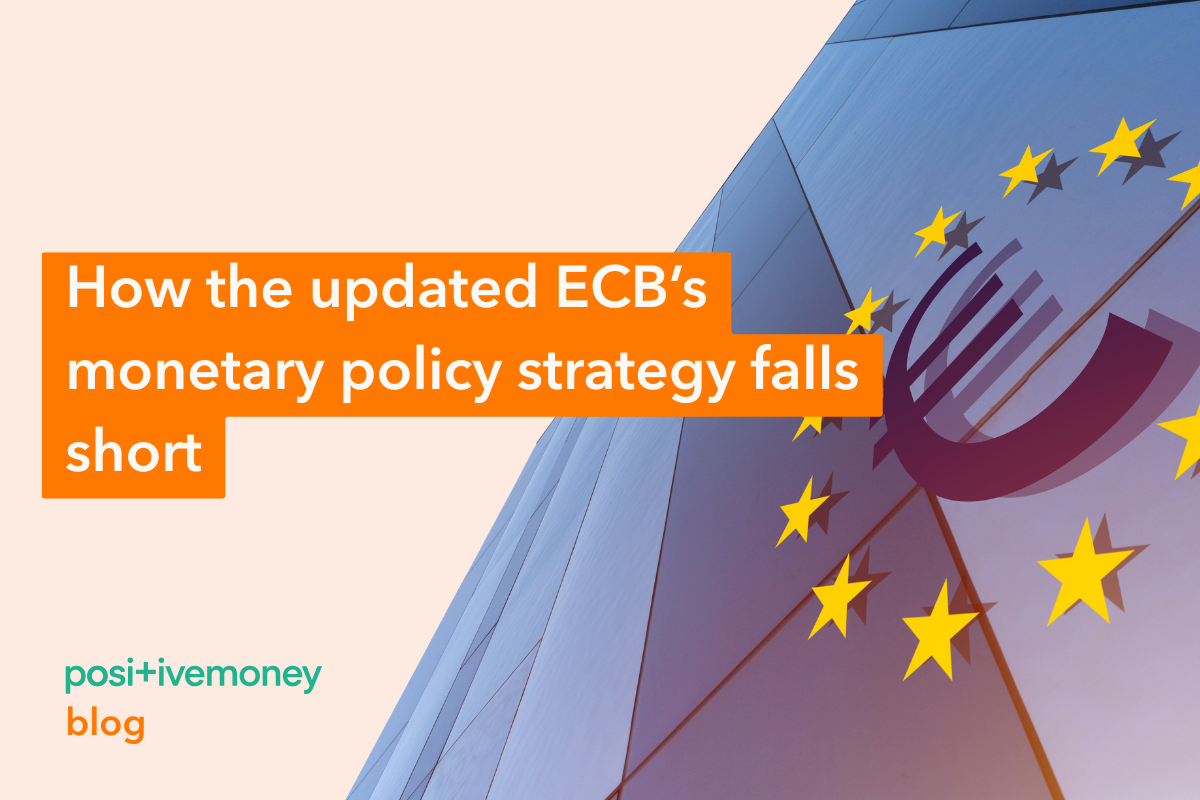
The problem
The European Central Bank (ECB) plays a significant role in our daily lives, even if its workings might seem complex. Traditionally, the primary objective of central banks such as the ECB has been to maintain price stability through changing interest rates, among others. However, the ECB’s conventional monetary policies, such as raising interest rates in an attempt to contain price increases, can stifle green investments and impact lower-income households already grappling with rising living costs. Meanwhile, private banks have amassed billions in profits from the ECB’s high rates through their significant reserves at the central bank.
In a world where money flows are mainly channelled to serve big banks and corporations’ private interests, central banks have significant power to shift investments. The ECB is not only expected to keep the increase of prices under control, but as an EU institution, it is supposed to serve the broader objectives of the European Union, aiming towards social progress and full employment, and the protection of the environment.
What we need now
The disconnect between the ECB’s goal to keep inflation in check and socio-economic dynamics has significant repercussions. We believe we need to rethink the monetary system in order to realign monetary policies with serving broader societal needs and sustainability. For this reason, we are advocating for bold reforms.
Building a fairer operational framework – The operational framework is the toolbox the ECB uses to manage short-term interest rates in the Eurozone, aiming to keep prices stable. We’ve pushed for major reforms of the ECB’s operational framework to not only support economic stability but also enhance social and environmental sustainability. The ECB’s latest framework modernises monetary policy with an emphasis on environmental challenges. We suggest incorporating instruments aimed at green initiatives, such as clean energy and home renovations.
Promoting more monetary and fiscal coordination – Finding a balanced approach between monetary and fiscal actions is crucial for the future of Europe. Central banks and governments should work together to achieve shared goals like price stability, full employment and a more sustainable economy.
Reducing inequality – When inequality gets worse, the differences in how much money people and businesses spend and invest can lead to unpredictable and adverse economic outcomes. By actively incorporating considerations of inequality into its policy framework, the ECB can help make our system fairer and more stable.
Addressing banks’ windfall profits – We urge the ECB to consider increasing the non-remunerated minimum reserve requirements for banks. This measure would help to reduce the excess liquidity in the banking system and curb the extraordinary profits that banks are currently earning.
The ECB’s revision of its operational framework could pave the way for a greener and fairer approach. Beyond this, there’s growing recognition of the need for fiscal-monetary coordination. New EU fiscal rules adopted in 2023 could push us towards austerity, limiting support for social and environmental progress by capping budget deficits at under 3% of GDP. We’ll keep monitoring all these developments and advocate for a fairer and more sustainable monetary system.


